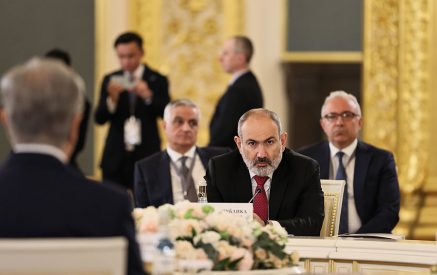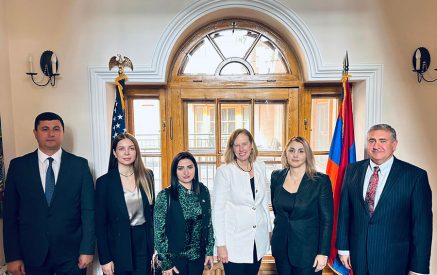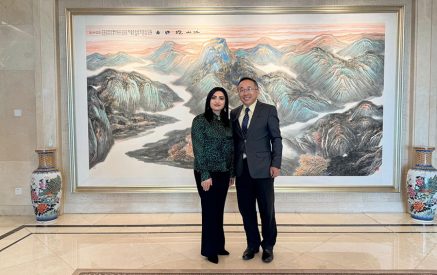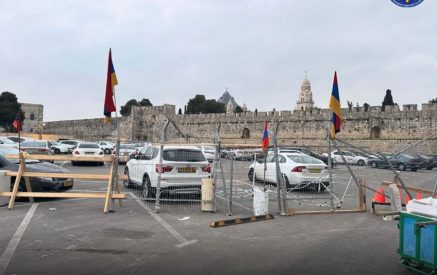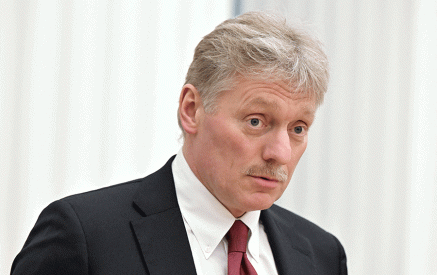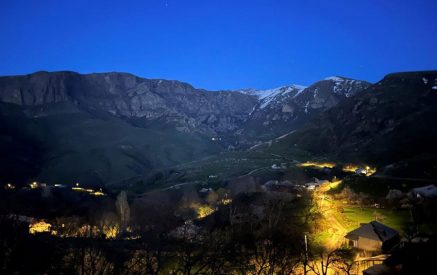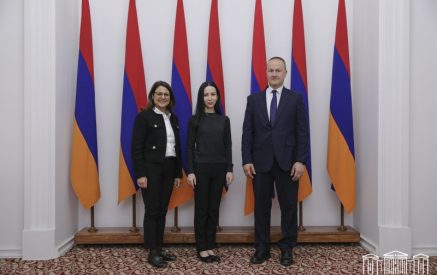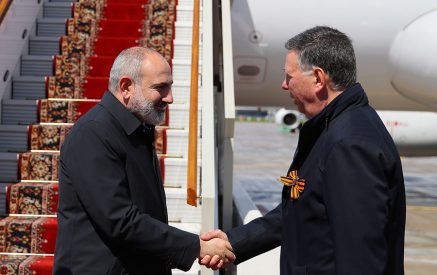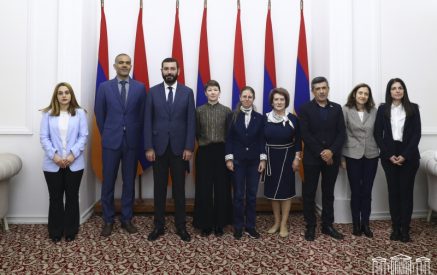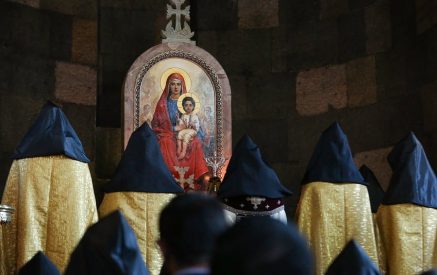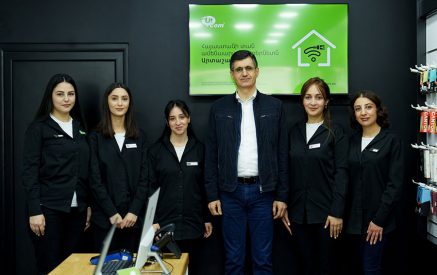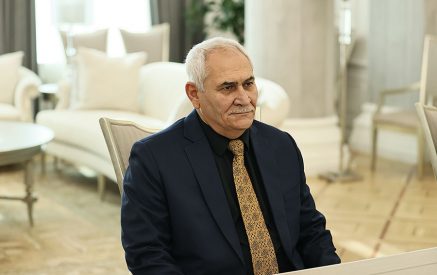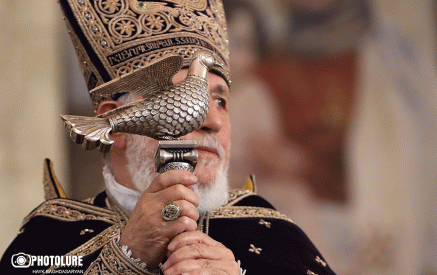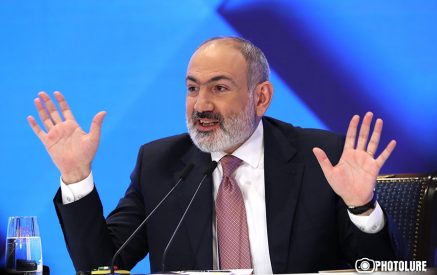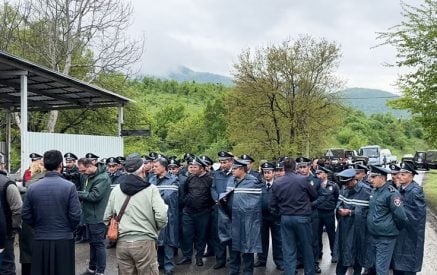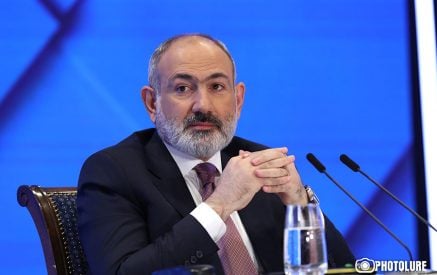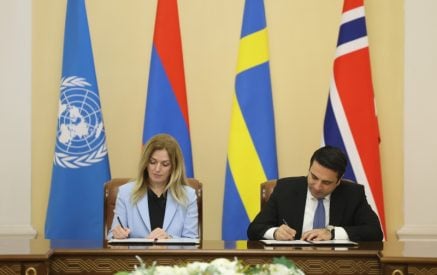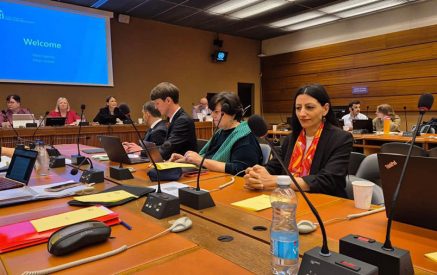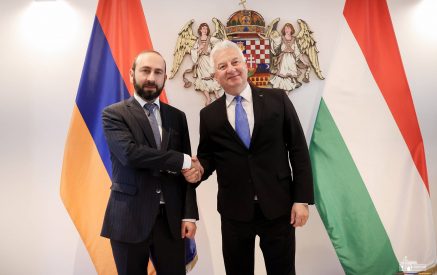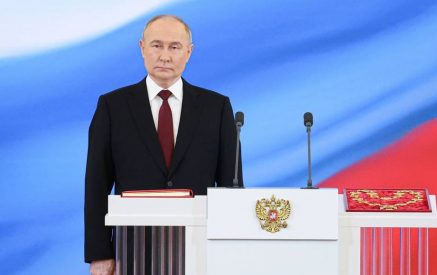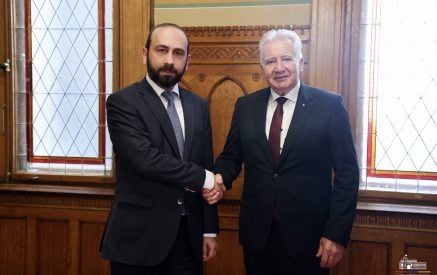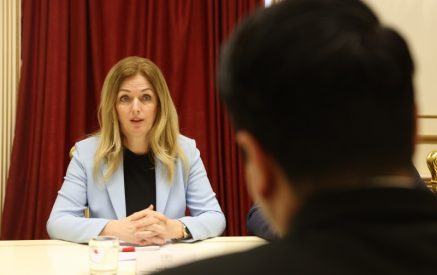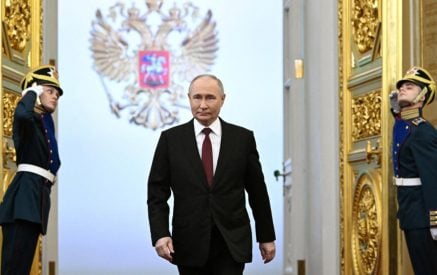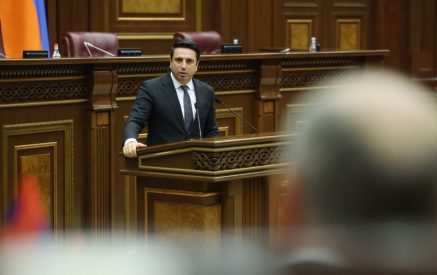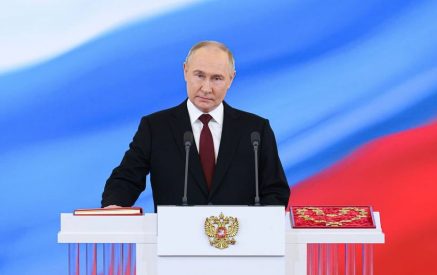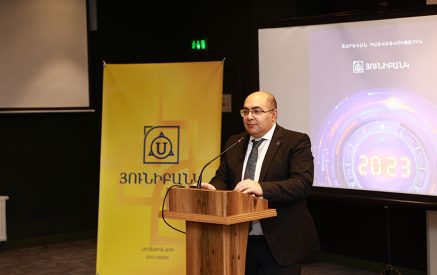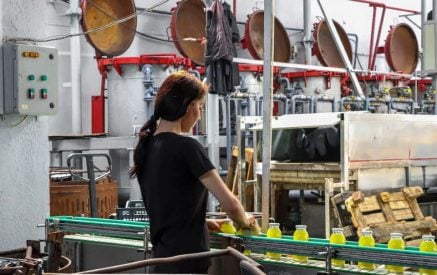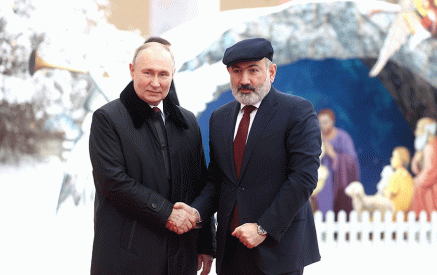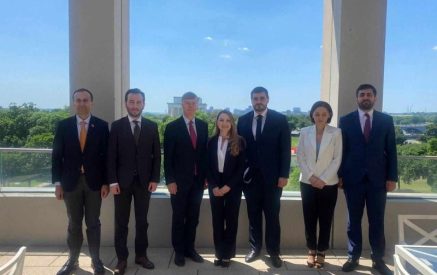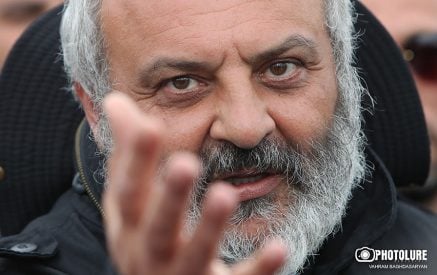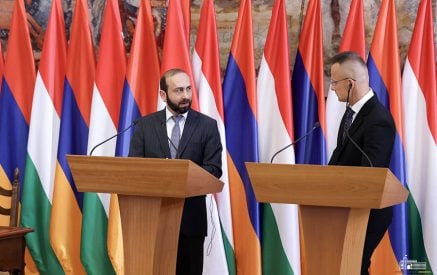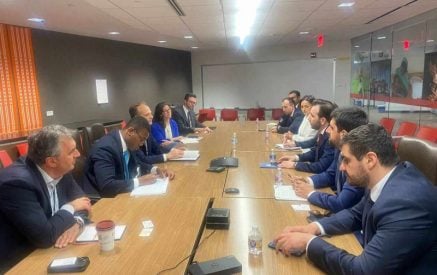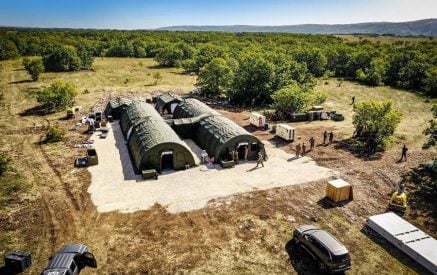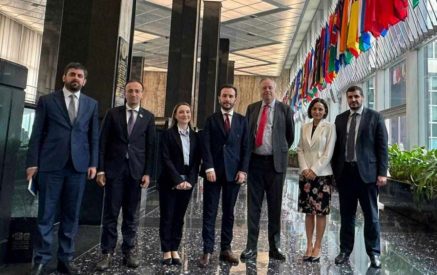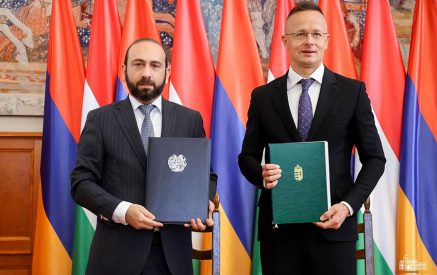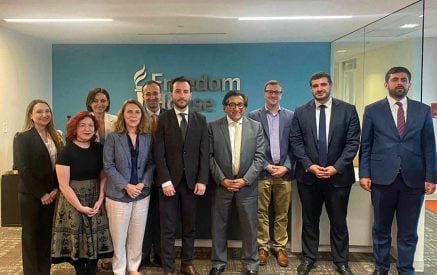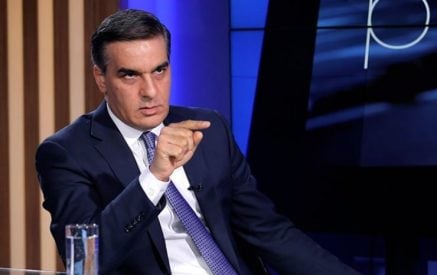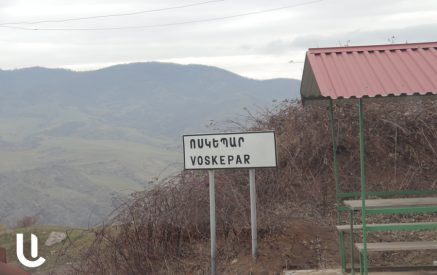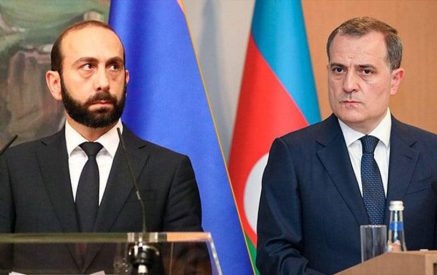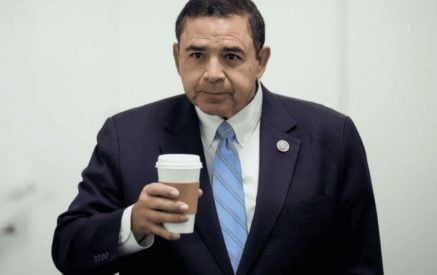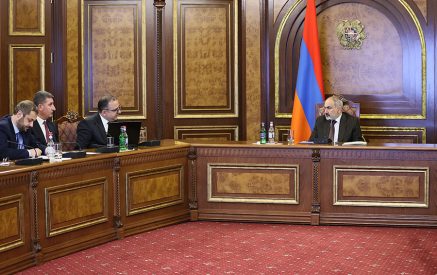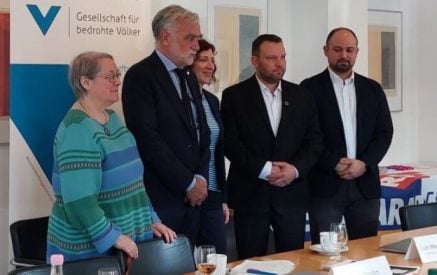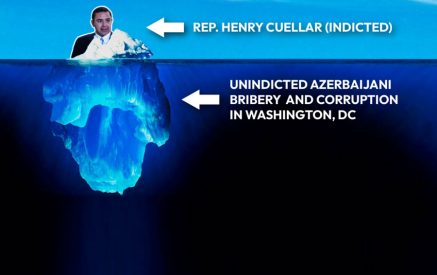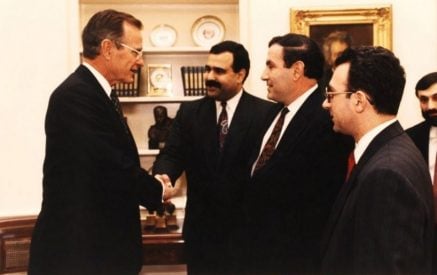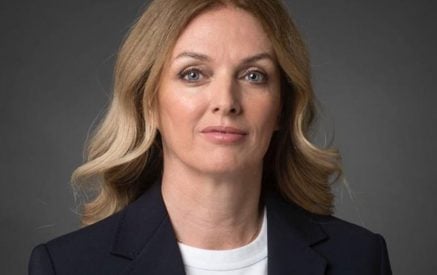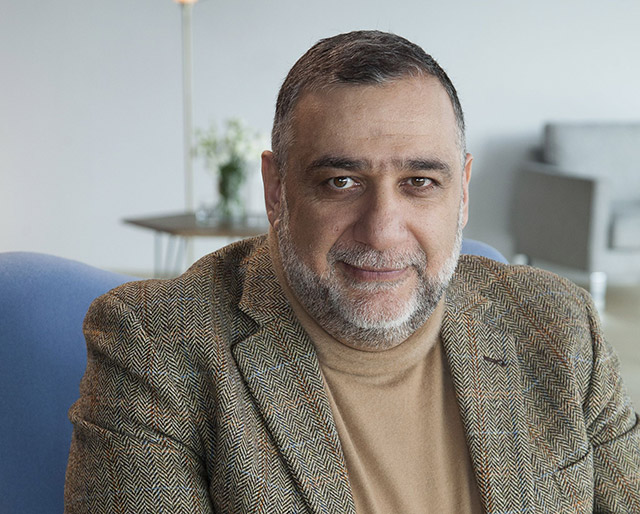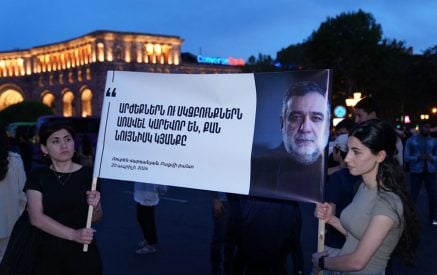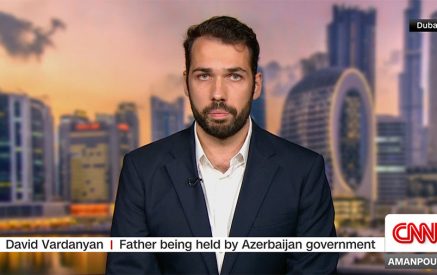Ruben Vardanyan, evolutionary visionary, Co-founder of the Aurora Humanitarian Initiative, UWC Dilijan, FAST, International School of Leadership and Professional Development “Matena” and other projects.
Part 3
Read the beginning here
Any reforms and transformations are fully legitimized only when they are rooted in a social contract. By “social contract,” I mean a kind of exchange of expectations between the authorities and society, Armenia and the Diaspora, Armenia and Artsakh. In other words, to avoid social calamities and carry out changes conducive to development, the accepted format of relationships and the distribution of roles have to suit all parties, and they, in turn, need to fulfill their obligations.
Read also
The paternalism of the authorities has taught citizens to be dependent, to dodge personal responsibility, and to believe in an omnipotent central power capable of providing access to resources.
Those who led the Armenians to victory in the war for the independence of Artsakh in the early 1990s vowed to ensure security, stability, and social welfare to be able to monopolize power and take control of Armenia’s material assets and cash flows. In the structure built over a quarter of a century, the presence of a “kind master” was convenient for both the authorities and the majority of society: the paternalism of the authorities taught citizens to be dependent, to dodge personal responsibility, and to believe in an omnipotent central power capable of providing access to resources.
The previous authorities vowed to ensure security and stability to be able to monopolize power and take control of Armenia’s material assets and cash flows.
Photo credit: Photolure News Agency ©
The security guarantee also underlay the social contract between Armenia and Artsakh. According to the tacit agreement, Artsakh was considered an integral part of the Armenian world, Armenia ensured its security in exchange for the Armenians to continue living and preserve their centuries-old heritage and unique culture in the land of Artsakh. And although Armenia did not officially recognize its independent status, it assumed the responsibility to solve all crucial issues, thus eliminating the Artsakh people themselves from participating in the negotiations, building their own security system, and making other equally important and fateful decisions.
The Diaspora’s financial assistance in most cases did not take the form of investments in development projects, instead encouraging a general dependent attitude.
As for the Diaspora, in exchange for charitable assistance and non-interference in the internal affairs of Armenia, it got a sense of “belonging to the nation,” cordiality, and hospitality of fellow countrymen in their historical land. As a result, the financial assistance of the Diaspora in most cases did not take the form of consistent material and spiritual investments in development projects and did not create added value, remaining a source of easy money and only encouraging the consumer attitude of Armenian citizens toward it, a general dependent attitude. The Diaspora’s involvement in the affairs of Armenia has always been irregular and episodic and typically only rises whenever Armenia and Artsakh are hit by tragic events. And one cannot only blame the Diaspora because any rapprochement requires mutual efforts.
A conspicuous example that best epitomizes the non-inclusivity of Armenian political institutions is the mandatory Armenian citizenship and / or many years of experience in public service, as well as command of the Armenian language for candidates seeking to assume any responsible office. We must realize that three-quarters of the nation is the Diaspora, and when we introduce such restrictions even at the middle executive level, we shun the opportunity to attract the brightest of the brightest to work for the good of our country. Of course, all the necessary mechanisms for ensuring national security and protecting national interests should be created if high-profile government posts are held by individuals who are non-citizens of Armenia, as well as the procedures for teaching them the Armenian language and getting them to know the culture, history, and traditions of our country. We see such practices used by countries of varying geopolitical clout: Israel, the Baltic states, the UK, and others.
A tacit agreement between the government and society, Armenia and the Diaspora, Armenia and Artsakh seemed to be working without a hitch, barring isolated outbursts of discontent. It would seem that the middle-of-the-road position of neither peace nor war, in which the country lived, seemed to satisfy everyone, and until April 2016, the state government system seemed, for all its opacity and corruption, to be reliable and stable. The four-day war, though, clearly demonstrated the system’s backwardness and fragility and exposed a host of unsolved problems in the economy, in public life, and in the military. Both the elite and the citizens became convinced that the existing model was not capable of ensuring the most vital thing for the majority of Armenians—the security of Artsakh—and if so, all the sacrifices made by the nation over a quarter of a century might turn out to be pointless. The situation clearly showed that Armenia had no tangible margin of time to keep going with the flow. Paradoxically, at that moment, even opposing political forces realized that the country’s development model needed drastic changes.
The four-day war and the armed protest of the Sasna Tsrer group clearly demonstrated the system’s incapability of ensuring the most vital thing for the majority of Armenians—the security.
Photo credit: Photolure News Agency ©
External circumstances (the four-day war and the armed protest of the Sasna Tsrer [Daredevils of Sassoun] group) propelled changes in domestic policy. In an attempt to maintain a balance between different political forces and breeze through the difficult stage of the power shake-up, President Serzh Sargsyan reshuffled the ruling circles: the executive power team has been renewed and become more dynamic. The economy began to grow, reforms were launched in agriculture and in relations with the regions, and the government was shifting toward more advanced administrative practices and communications with citizens. An important achievement indicative of the country’s course toward integration into global economic processes was the 2017 signing of the EU-Armenia Comprehensive and Enhanced Partnership Agreement (CEPA); at the same time, the economic interaction with the Eurasian Union and, especially, with Russia was blossoming, too. However, all the changes were carried out within the existing system, modifying, but not transforming it on a fundamentally different basis.
It is important to summarize the past, without just forgiving everyone and forgetting everything, but to stop finger-pointing and instead be reasonable analyzing the mistakes and learning from them for the sake of the future.
Of course, criticizing the authorities is the simplest of things. An objective assessment of its decisions and actions over the past decade will only be available years later since the positive and negative consequences of the actions of any government never show up immediately. At the moment, it is important to summarize the past, without just forgiving everyone and forgetting everything, but to stop finger-pointing and instead be reasonable analyzing the most obvious mistakes made by everyone who has ever been in power in the Third Republic and learning from them for the sake of the future.
It can only be argued that the country’s integration into the global space, the transition to greater openness and transparency of state structures were steps made in the right direction. Nevertheless, I believe that the actions taken were half-baked, leading to superficial tweaks, rather than to a deep transformation of the model of existence. Progress lacked systematicity, only concerned narrow areas, and, essentially, did not affect the moral aspects of the life of the society, which did not notice appreciable changes for the better. Even more upsetting was the fact that the government won the parliamentary election, but retained the previous semi-authoritarian regime where the shots are called by one person only.
The government retained the previous semi-authoritarian regime where the shots are called by one person only.
Hoping to maintain their positions, the elite has a limited choice of scenarios that, at least outwardly, look legal. The head of the country can either implement a constitutional or structural reform that leaves him at the helm legally or ensure the continuity of power by transferring it to a successor (or a group of successors), or find a way to control power mechanisms informally, without an official state tenure. Like any leader of a semi-authoritarian regime, President Sargsyan, after being reelected for a second term, as a seasoned statesman, could not help but mull over these options for retaining power, but he was in no rush to make the final choice, leaving the largest room for maneuver. A constitutional reform was carried out in the country, and the transition to a parliamentary republic was completed. The president viewed a more conservative candidate and a more progressive one as would-be successors. Nevertheless, at the last moment, he decided to nominate himself as prime minister—in other words, he opted for the first scenario, which is quite typical for semi-authoritarian and authoritarian regimes, with no transparent and effective feedback mechanisms between the government and society, where the leader’s closest circle, normally including his immediate family, persists in making him think that no one but he can be the sole guarantor of stability. It should be noted that the ex-president, according to him, was motivated by the desire to resolve the Artsakh issue before handing over power to a successor.
Formally, the appointment of the former president as prime minister was perfectly legal, but this act, orchestrated by the ruling party, ran contrary to an earlier promise. Armenian citizens viewed this step as a manifestation of disrespect and vehemently protested against the authorities’ refusal to revise the terms of the breached social contract and their attempts to roll the relationship back to where it was. In 2018, people took to the streets and participated in the protests, not so much for political reasons as out of moral considerations and personal convictions.
Armenian citizens vehemently protested against the authorities’ refusal to revise the terms of the breached social contract.
Photo credit: Kacper Kawecki ©
The events in Armenia caused a stir in the Diaspora, especially those who had already left independent Armenia. Most of the “new” Diaspora endorsed the protesters, which proves that when the chips are on the line, we can mobilize. Unfortunately, most of the institutions of the traditional Diaspora—especially party-related and charitable ones—proved their conservatism and archaic nature and stayed away from the events of the spring of 2018, showing once again that they too need profound transformations.
If you continue to stick to the usual model of existence, a dragon slayer will inevitably devolve into a new dragon over time.
Revolutions do not necessarily achieve the goals set by the revolutionaries. Both the Great French Revolution and the bourgeois revolution in Russia devolved into terror, warfare, and millions of victims, although they ultimately led to a radical change in the state and social system. The only way to avoid negative scenarios is to quickly create inclusive political, economic, social, and cultural institutions, a system of checks and balances, an effective parliament representing the interests of all social strata, to hire competent professionals for government work, and to develop platforms for public-private partnerships in all areas where it can be done. But if we stick to the usual model of existence, then, as history has taught us multiple times, a dragon slayer will inevitably turn into a new dragon, acting as a totalitarian “father of the nation” or a populist, a “kind master.”
To be continued

